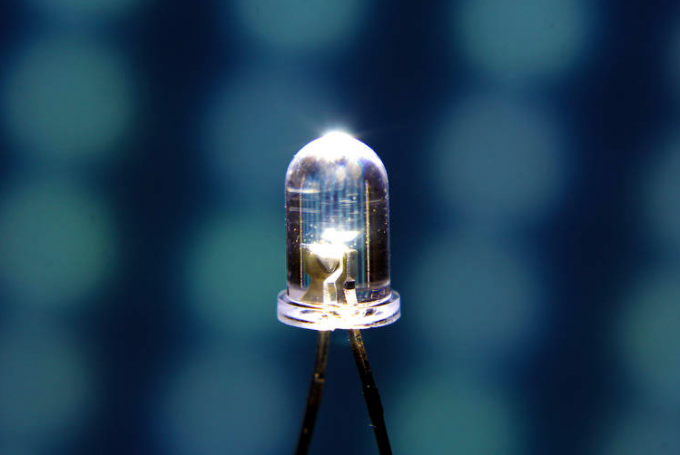SDCL Energy Efficiency Income Trust (SEIT) has acquired the outstanding balance of loan facilities secured against an operational portfolio of LED lighting projects, in the USA, held by Future Energy Solutions Lighting Holdings (FES), which is already a SEIT portfolio company. SEIT acquired the loan for approximately $31m (£25m) and its purchase gives SEIT the entirety of the economic interest in a fully contracted portfolio comprising 1,500+ contracts with remaining tenors of up to 13.5 years. SEIT was presented with this exclusive opportunity because of its equity interests in FES. This investment, together with investments made since 31 March 2023 that substantially related to the organic pipeline, has been funded from the company’s £180m revolving credit facility which is currently £100m drawn.
SEIT’s board and manager say that they are actively exploring opportunities to recycle capital, including through selective disposals, as well as carefully reviewing the relative and absolute levels of gearing in the Group. They say that SEIT’s aggregate gearing remains low relative to its covenants, with the debt primarily sitting at a project level, where it is non-recourse to the company, typically benefiting from hedged interest rates and amortising such that the debt quantum is naturally reducing over time.
Opportunity to realise further efficiencies
SEIT says that the investment creates the potential to realise operational and financial efficiencies across the FES portfolio, whilst on a standalone basis it benefits from strong cashflow yields and is forecast to deliver double digit unlevered returns. It also says that the purchase secures its access to a customer base with a strong credit record, offering future incremental investment and re-contracting opportunities.
LED lighting systems typically produce 100,000+ hours of illumination and consume up to 90% less energy than traditional incandescent light bulbs, leading to greatly reduced energy expenditures for users. The associated environmental benefits include a significant reduction in CO2 emissions relative to traditional lighting technology, as well as lower overall waste thanks to the greater lighting life span of these bulbs.
